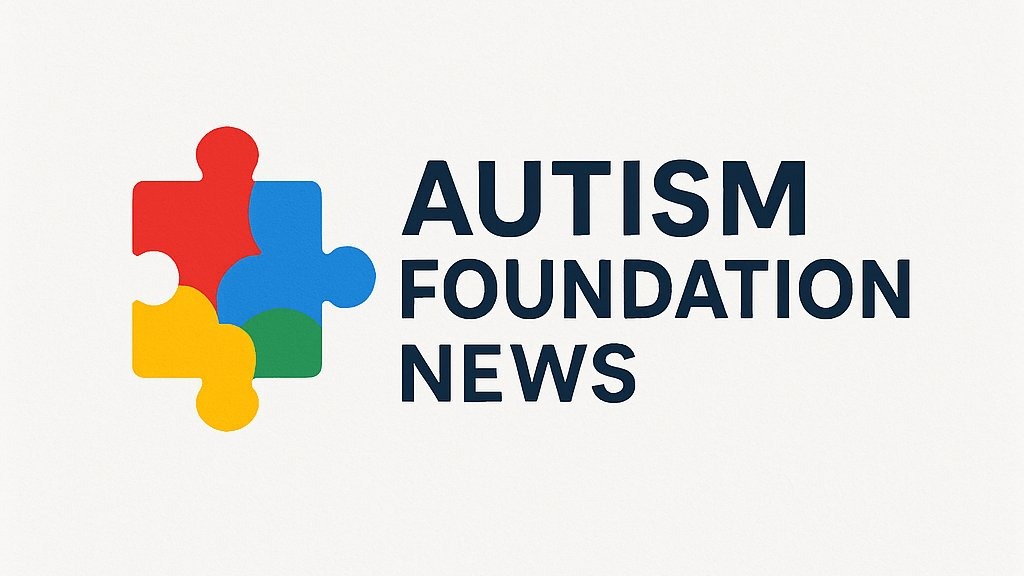
Understanding Mindfulness in Mental Health
Mindfulness is more than just a psychological buzzword; it’s becoming an essential tool for countless individuals navigating mental health challenges, including anxiety and depression, especially for those on the autism spectrum. It helps individuals regain control over their thoughts and feelings by anchoring them in the present moment, reducing the swirl of overwhelming emotions.
The Crevices of Depression: Feeling Trapped
As Ed Halliwell articulates in his discussion about depression, many experience a vicious cycle where negative thoughts can feel like a crushing weight, exacerbated by anxiety about how others perceive them. This sense of being trapped can be especially daunting for individuals with autism who may already struggle with social uncertainties. Importantly, the act of recognizing that feelings fluctuate is a pivotal step in breaking out of the cycle of rumination—a common plight among those managing mental health conditions.
Mindfulness Techniques: A Beacon of Hope
So, how does one effectively embrace mindfulness? Techniques such as mindful breathing, body scan meditations, and even mindful walking can help individuals learn to monitor their emotions without judgment. These practices encourage a gentle awareness of feelings, allowing for acceptance rather than resistance, which can profoundly alter one’s relationship with their mental health. For example, those practicing mindful breathing can foster a calming environment in their minds, encouraging a sense of peace amidst chaos.
Shared Strength: The Community Benefits of Mindfulness
The importance of community and shared experiences cannot be underestimated. For many dealing with mental health challenges, knowing they are not alone is a powerful motivator. Mindfulness practices can help cultivate solidarity among members of the autism community, their caregivers, and healthcare professionals. Together, they can explore insights from techniques that enable deeper connections and understanding of each other’s experiences.
Forging Future Connections: Mindfulness in Action
Looking towards the future, fostering a culture of mindfulness can revolutionize how individuals approach their mental health journeys. Simple practices that integrate mindfulness into daily living, be it through family discussions or therapies, can create a ripple effect, benefitting the larger community. Education on these topics, highlighting success stories and evidence-based practices from mindfulness, can cultivate a supportive network for those navigating similar challenges.
A Call to Action: Embrace Mindfulness Today
Mindfulness is a journey towards understanding and acceptance. Whether you are an individual with autism, a parent, caregiver, or a healthcare provider, integrating mindfulness techniques can facilitate a more compassionate and connected exploration of mental health. Embrace these techniques; they are not simply methods but are gateways to a deeper connection with oneself and others. Start today—because awareness is the first step towards transformation.
 Add Row
Add Row  Add
Add 




Write A Comment